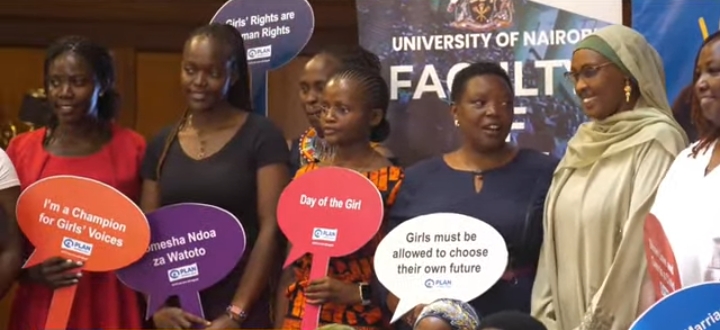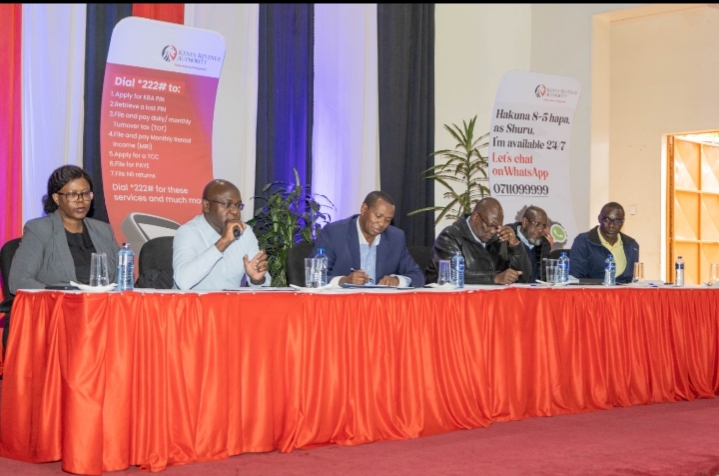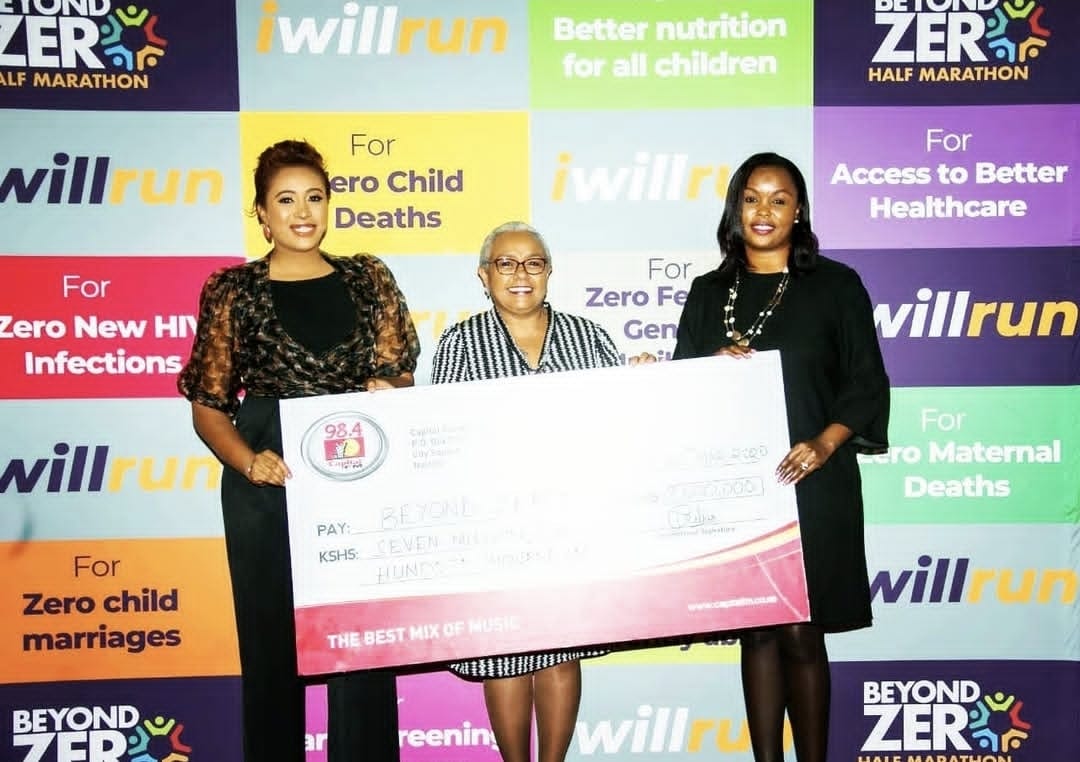Child Marriage Denies Millions of Girls Their Future, New Global Study Warn

Girls’ Voices Lay Bare the Hidden Harms of Child Marriage
Child marriage remains one of the most pressing threats to girls’ rights globally, according to a new report by Plan International, which reveals how the harmful practice continues to rob girls of education, safety, and life opportunities.
The State of the World’s Girls Report 2025, titled “Let Me Be a Child, Not a Wife – Girls’ Experiences of Living Through Child Marriage,” draws from testimonies of 251 girls and young women across 15 countries, including Bangladesh, Nepal, Ethiopia, Uganda, Zambia, and Nigeria. All participants were married or in informal unions before the age of 18.
Their accounts paint a grim picture of what life is like for millions of girls forced into early marriage. “I was married off young. I wasn’t allowed to study or progress in life. I was deprived of everything,” said Juna, 24, from Nepal. “But I won’t let that happen to my daughter. Early marriage only leads to a dark future.”
Globally, an estimated 12 million girls are married each year before their 18th birthday, despite the practice being illegal in most countries.
Violence, Control, and Lost Childhoods
The study found that 13 percent of girls reported experiencing physical or emotional violence in their marriages a number likely higher due to stigma around discussing abuse. Many girls described their husbands as older, controlling, and often violent, with 45 percent married to men five or more years older.
In communities where child marriage is prevalent, violence is often normalized, and girls receive little to no legal protection. “He used to intimidate me, and whenever I tried to speak up, he would beat me,” shared Bupe, 19, from Zambia, who was married at 15. “I kept quiet because I feared the consequences.”
The report also found that nearly one in three girls (28%) who entered child marriages are now divorced, facing stigma, isolation, and financial hardship after separation.
Weak Enforcement and Legal Loopholes
Despite child marriage being illegal in 14 of the 15 countries studied, enforcement remains weak. Legal loopholes allow parents or judges to approve underage marriages, while in some nations, the legal marriage age for girls is lower than that for boys.
Unregistered and informal unions are even harder to monitor, leaving girls without legal safeguards such as property rights, child support, or protection against abuse.
Lady Justice Helen Namisi Judge of the high court Kenya read a speech on behalf of Chief Justice Martha Koome in her speech noted that the court guides every girls right to childhood ,education and freedom from exploitation. The fight against child early and force marriage is legal, Developmental issue as well as a profound matter of justice and human dignity. She added that child marriage robs girls of their innocence interrupt their education, jeopardizes their health and limits their potential hence subjects them to adult responsibilities, and reproductive burdens before they are emotionally and physically prepared.

“Many such girls are exposed to gender based violence, social exclusion and early pregnancy, trapping them in cycles of poverty and independency. They are lived experience for many children in our country and across the world. Globally over 100 million girls are projected to be married before the age of 18 by the year 2030 if the current trend persists. In kenya one in every 5 girls is married before reaching the adulthood,”Koome noted.
Cultural Pressures and Poverty Drive Early Marriage
Economic hardship, gender inequality, and deep-rooted cultural beliefs remain major drivers of child marriage. About 46 percent of respondents cited financial or social pressure as the reason for entering marriage.
In many communities, girls are still viewed primarily as wives and mothers, with their value tied to fertility and obedience. These expectations not only strip them of autonomy but also perpetuate cycles of poverty and dependency.
The report also highlights new digital threats. In Asia and Latin America, social media platforms are being used by older men to exploit vulnerable girls, promising marriage as a way out of poverty or family struggles.
Youth Advocate Dorris Donya Calls for Awareness to End Child Marriage and FGM
Youth Advocate Dorris Donya has urged for intensified public awareness and education as a key strategy to end child marriage, female genital mutilation (FGM), and teenage pregnancies. Speaking during the End Child Marriage forum organized by Plan International, Donya noted that lack of awareness remains one of the major challenges in addressing harmful cultural practices.

She observed that many people in rural areas are unaware that FGM is illegal and continue to justify it in the name of tradition. Donya emphasized that ignorance about the health risks, including infections from shared cutting tools, fuels the persistence of FGM. “People in the villages still believe it’s part of their culture because no one has told them the truth that it has no health or social benefit,” she said, adding that awareness and mentorship programs in schools have been crucial in empowering both girls and boys to speak out against gender-based violence and report sexual offenses.
Addressing the root causes of child marriage, Donya highlighted poverty and outdated cultural practices as the main drivers. She called on political leaders, especially women representatives, to spearhead initiatives that promote youth empowerment and access to education. She noted that improving agricultural productivity and creating economic opportunities could help families support their children’s education and reduce early marriages.
Donya also advocated for open discussions on sexual and reproductive health, urging that condom distribution and sex education be treated as essential public health interventions. “We should not shy away from reality if we have teen mothers, it means young people are sexually active. They need accurate information and access to protection,” she stated. Donya likened the urgency of sexual education to COVID-19 awareness, stressing that informed communities are safer and better equipped to safeguard the next generation.
Education and Opportunities Lost
Child marriage often means the end of a girl’s education. More than one in three (35%) of those interviewed dropped out of school after marriage, and 63 percent are not in employment, education, or training.
Limited access to sexual and reproductive health services further worsens their situation. Many girls reported being pressured to conceive early, while husbands often controlled contraception and finances. As a result, girls were left without autonomy over their own bodies and lives.
A Call for Urgent Global Action
Reena Ghelani, Chief Executive Officer of Plan International, said the findings expose the hidden realities faced by millions of girls.
“Child marriage puts girls at risk of multiple harms and robs them of life opportunities. Progress is too slow, and laws are not doing enough to protect girls,” she said.
Plan International is urging governments and partners to invest in education, strengthen online safety, and address the harmful social norms that perpetuate early marriage.
“Child marriage is not normal and should never be seen as such – it is a violation. Girls must be allowed to choose their own future, and we will not stop until that right is a reality,” Ghelani emphasized.




